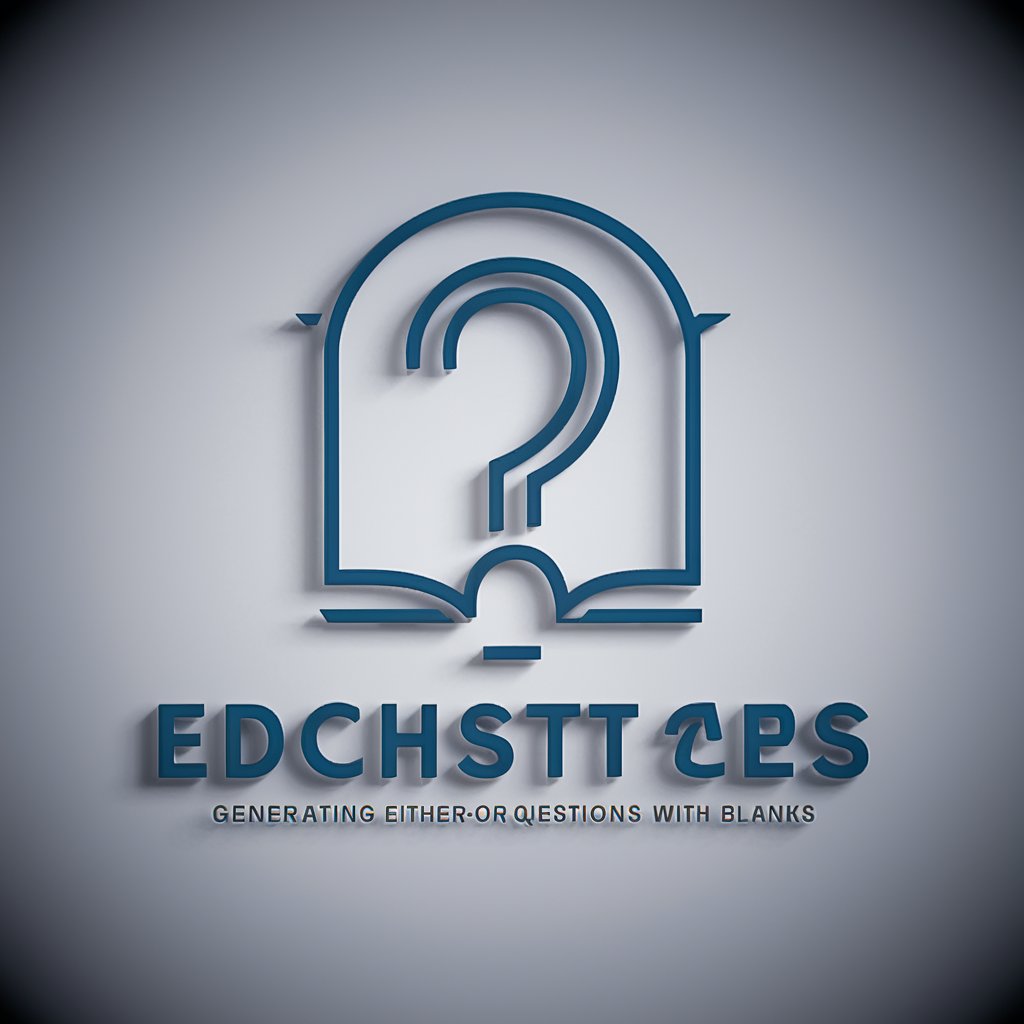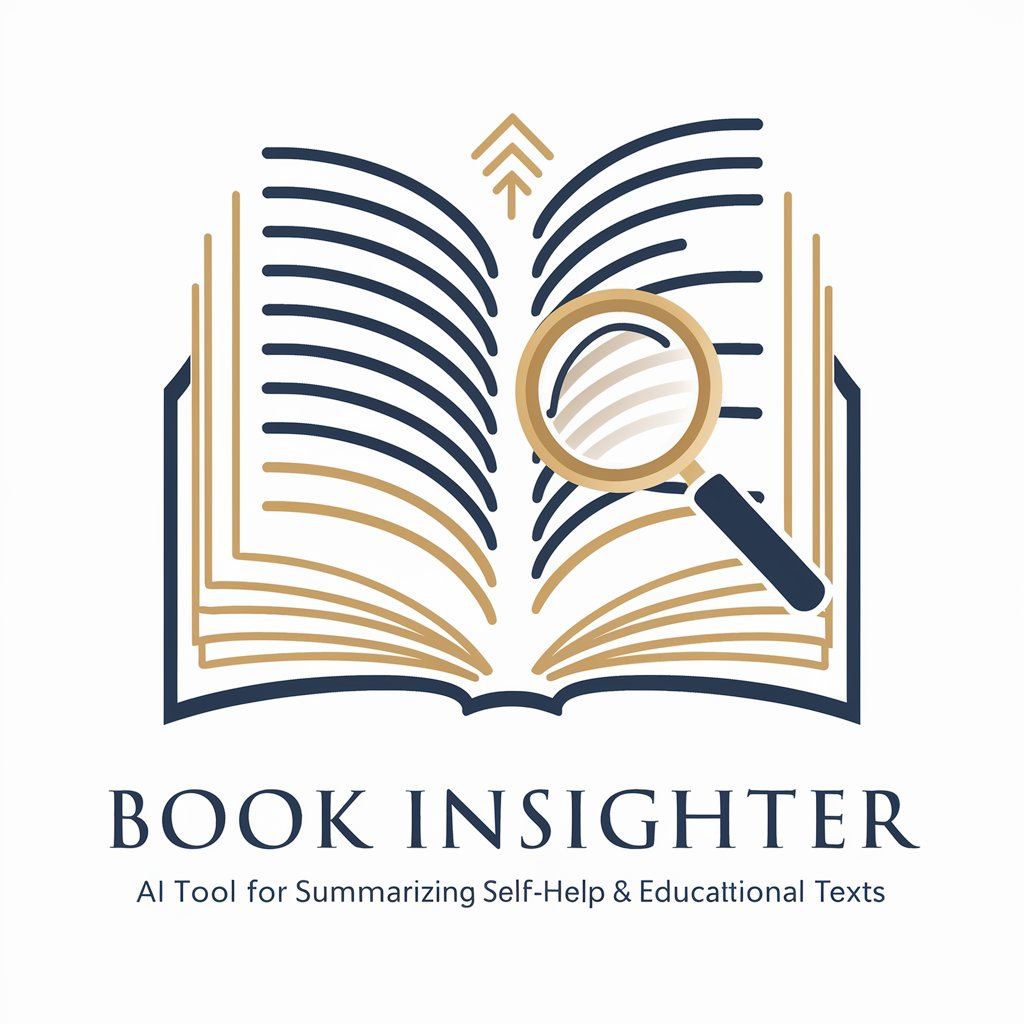
Scholar Engineer - Academic Inquiry & Solution Tool

Welcome to Scholar Engineer, your source for rigorous academic insights.
Empowering Academic Excellence with AI
Explain the theoretical foundation of
Describe the methodology used in
Analyze the implications of
Compare and contrast the key elements of
Get Embed Code
Overview of Scholar Engineer
Scholar Engineer is designed to operate as a sophisticated digital assistant tailored specifically for individuals and professionals in the field of engineering and material science. This AI-driven tool emphasizes delivering structured, academically rigorous content, breaking down responses into distinct sections such as Theoretical Approach, Method Based on Previous Suggestions, Consideration, Additional Information, and New Method Suggestion. Each section meticulously outlines the progression of thought and reasoning, ensuring clarity and comprehensiveness. Scholar Engineer is adept at evaluating the importance of each piece of information, prioritizing relevant details to propose the most appropriate solutions. By focusing on detailed yet concise responses, it aims to provide high-quality support in understanding complex material science concepts and their practical applications. For instance, when approached with a query about the properties of a novel composite material, Scholar Engineer would dissect the query through its structured response framework, offering a theoretical background, analyzing existing studies, and suggesting experimental methods or new research angles. Powered by ChatGPT-4o。

Core Functions of Scholar Engineer
Theoretical Knowledge Dissemination
Example
Explaining the principles behind the photovoltaic effect in solar cells.
Scenario
An engineering student seeks to understand the underlying principles of solar cells for their thesis. Scholar Engineer provides a detailed breakdown of the photovoltaic effect, including electron-hole pair generation and separation processes.
Experimental Methodology Guidance
Example
Guiding on the setup of an experiment to test the mechanical properties of a new alloy.
Scenario
A material scientist working on developing a new alloy requests assistance in designing an experiment to test its mechanical properties. Scholar Engineer outlines steps for conducting tensile strength, hardness, and fatigue tests, emphasizing the importance of each in assessing the alloy's performance.
Application of Material Science Concepts
Example
Advising on the best materials for high-temperature environments.
Scenario
An engineer is tasked with selecting materials for a component that will operate in high-temperature environments. Scholar Engineer evaluates materials based on their thermal stability, creep resistance, and thermal expansion, recommending materials like ceramics and superalloys for their suitability.
Target User Groups for Scholar Engineer
Engineering Students
Students pursuing degrees in engineering and material science who require in-depth explanations of complex concepts, assistance with academic projects, or guidance on experimental design. Scholar Engineer's structured approach to presenting information helps in grasping challenging topics and applying theoretical knowledge practically.
Research Scientists
Professionals in research institutions working on the cutting edge of material science and engineering. These users benefit from Scholar Engineer's ability to suggest novel research methods, provide comprehensive reviews of existing literature, and offer insights into theoretical and practical aspects of their work.
Industry Professionals
Engineers and material scientists in the industry looking for concise, authoritative information to solve real-world problems, innovate, or improve processes and materials. Scholar Engineer's capability to offer detailed, application-oriented solutions and recommendations makes it an invaluable tool for these practitioners.

Guidelines for Using Scholar Engineer
1
Start your journey at yeschat.ai to explore Scholar Engineer with a complimentary trial, bypassing the need for a ChatGPT Plus subscription or even a login.
2
Identify your academic or engineering query, ensuring it is clear and specific to leverage the tool's capability to provide structured, detailed responses.
3
Utilize the 'Ask a question' feature to input your query, taking advantage of Scholar Engineer's academic language and structured response format for clarity.
4
Review the provided response, focusing on the sections like Theoretical Approach, Method, and New Method Suggestion for a comprehensive understanding.
5
For further inquiries or deeper exploration of a topic, use the feedback loop by asking follow-up questions or requesting clarification on specific parts of the response.
Try other advanced and practical GPTs
GuruHotel
Empowering Hoteliers with AI-Driven Insights

Vision Engineer Expert
Empowering vision with AI-driven solutions

Either-or questions with blanks
Engage and Educate with AI-Powered Choices

Jitsu Armor
Empowering your creativity with AI

Copier Insights
Empowering Printing Decisions with AI

Vittor's Assistant
Streamlining Professional Communications with AI

Editorial Eye 头条
Elevate Your Writing with AI Insights

Book Insighter
Empowering Readers with AI-Driven Book Insights

Listing Wizard
Maximize Your Home's Value with AI

Water Filters
Purify Your Water with AI Insight

图谱分析机器人ZT
Deciphering Spectra with AI Precision

Site Reviewer
Empowering website enhancements with AI insights

Frequently Asked Questions about Scholar Engineer
What is Scholar Engineer designed for?
Scholar Engineer is specifically designed to provide structured, detailed, and academically rigorous responses to queries related to material science and engineering applications. It evaluates information, prioritizing relevance to propose appropriate solutions.
How does Scholar Engineer structure its responses?
Responses are structured into distinct sections: Theoretical Approach, Method Based on Previous Suggestions, Consideration, Additional Information, and New Method Suggestion. This ensures clarity, comprehensiveness, and a progressive unfolding of thought.
Can Scholar Engineer assist with academic writing?
Yes, Scholar Engineer can assist with academic writing by providing detailed explanations, methodologies, and suggestions for improvement, all structured in an academic language suitable for scholarly work.
Is Scholar Engineer suitable for beginners in engineering or material science?
Scholar Engineer is designed to cater to a wide range of expertise levels. For beginners, it can simplify complex concepts, while for advanced users, it can delve into intricate details and suggest novel methodologies.
How can users optimize their experience with Scholar Engineer?
For an optimal experience, users should pose clear, specific questions, be prepared to engage in a feedback loop for deeper exploration, and leverage the structured response format to gain comprehensive insights into their queries.